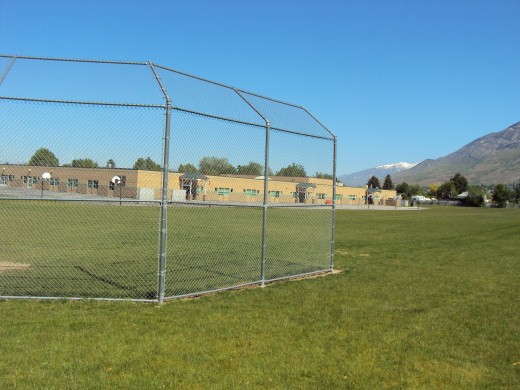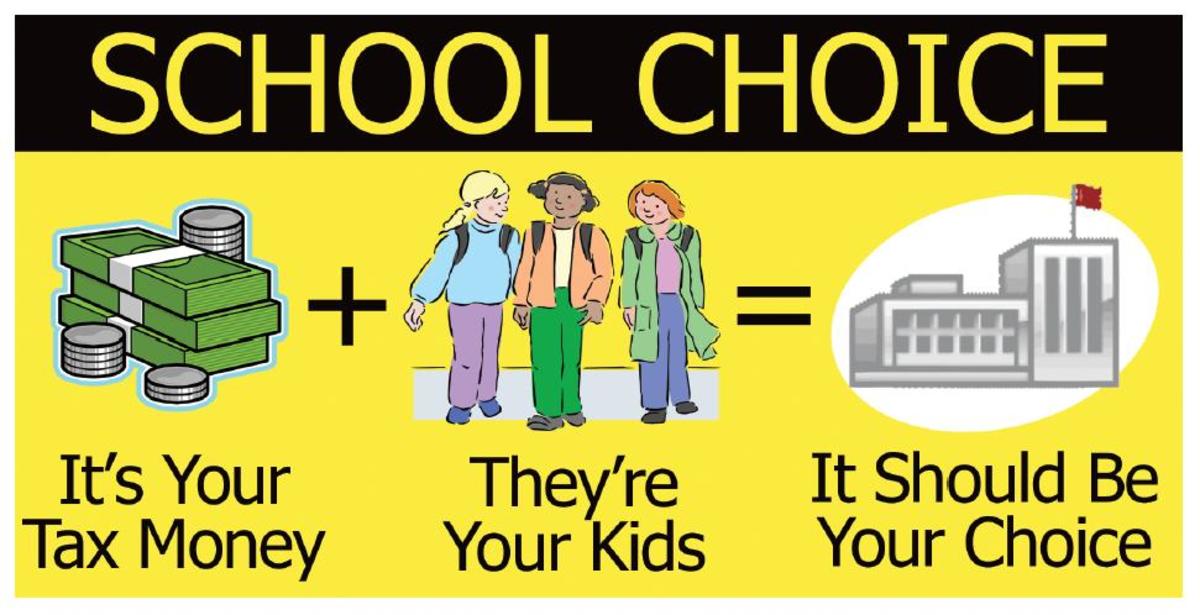Learning In America's Public Schools Today
Keeping up with what is actually being learned in our schools.



There are three kinds of learning in today's public schools.
1. Learning that stays and can be recalled.
2. Learning that fades and is eventually lost.
3. Learning that never happens..
The learning that stays with us because it was actually learned, is the objective of any reputable education. It depends not just on educators, but also on students in order to happen at all. In some cases that partnership works and real learning takes place.
The learning that fades over time is part of public education's problems. If the educators are weak and not well equipped to adequately teach their subjects, learning can be poorly presented and poorly understood. If students are poorly motivated to learn, even a competent educator cannot hope for the students to retain what the educator has presented. "Studying just for the test" can mean that students who learn just to pass a test, will soon see that learning fade.
The real failings in public education occur when the learning never took place in the first place. Educators and students, as well as others, can all be guilty here, if the educator is not competent and the student is not motivated to participate in the learning process, real learning seldom occurs. Something else may be learned, but it won't be the subject matter.
The school districts, school boards., principals, parents, and the so-called "degree factories" can all be held responsible, if incompetent educators are put in public school classrooms and allowed to remain. But who is responsible, if compulsory education is delivered (even competently) to students who are not motivated to learn what is presented? We could guess at the roles of the students' partners of public education: society, parents, community mores, opportunity, and challenge.
Admittedly, compulsory education no longer effectively compels. Students drop out of school before completing what is called "a basic education." And some who "stick it out" have motives other than getting that basic education. Enjoying "the school scene" is one popular reason some unmotivated students stay in school. Feeling compelled by family traditions and expectations is another one, which for some students leads to excellence, while for others it just means they occupy a seat while full of apathy, with no true academic learning taking place.
For those unmotivated students, a way to stay in school without learning is to resort to cheating. Doing so literally guarantees that the offered learning, such as it is, doesn't happen. Cheating is learned. In some cases it is even cleverly perfected. But the objective of raising an educated generation adequately prepared for college, or any aspect of life beyond the classroom gets dealt a major blow.
Is cheating in today's classrooms widespread? Is it very different from cheating you were aware of when you were in public schools?
Here are the answers I have gathered from educators who work in today's public schools:
Cell phones, many if not most of which have memory and photo capabilities, as well as ipads, have added new cheating capabilities some cheating students resort to. The old “tried and true” methods of cheating such as writing formulas on some area of the body or clothing, crib notes, copying a neighboring student’s answers, etc., take on a new dimension with the new technology. In general, however, cheating varies from school to school, and area to area. In most it is still not widespread.
Some districts and schools have a “no exceptions” policy that forbids the use of cell phones during any classes, confiscates them when they are found to be in use, and requires that a parent or guardian come to the school to get the confiscated phone. The same would apply to any ipad found to be in use when not allowed, such as during a quiz or test.
The typical student reasoning behind cheating when it does occur is simply to improve a score, or to pass a test they were unprepared for, and it is not clear whether that tends to occur more in students who normally are high achievers, or among a segment of students who more typically under achieve.
Policies on the consequences cheating students face are less uniform between schools, but typically call for interaction between a school administrator, the classroom teacher, the student involved, and a parent or guardian. Measures taken for repeated cheating also vary widely from district to district, and from school to school.
~ o ~ o ~ o ~
Our public school teachers and administrators have always faced the challenges of how to provide America's youth with the best possible academic preparation. The students they have in their classrooms continue to present as many unique challenges as there are students to teach, whether the challenges involve language, preparaton, motivation, discipline, or problems the individual student may have with other students or matters otherwise unrelated to school hours.
As any of us think back on our best teachers and superior students we have known, we wish that every teacher and every student could be like them. They are not, and that fact, and the unique challenges educators and students face today with budget cuts, overcrowded classrooms, and decaying infrastructure, are just some of what will decide how well educators and students meet the challenges of providing and obtaining a quality education in America today.
The future of America depends on their getting it right.
_______
© 2012 Demas W. Jasper All rights reserved.
Grading your public schools....
If you are familiar with today's public schools, what grade would you give them?
One of the Detailed Studies of America's Public Schools....
- Condoleezza Rice Education Study - Bing
The weaknesses in our American public schools is even a threat to our national security. This up-to-date joint study and report outlines the reasons why, and the status of America's public schools today.










